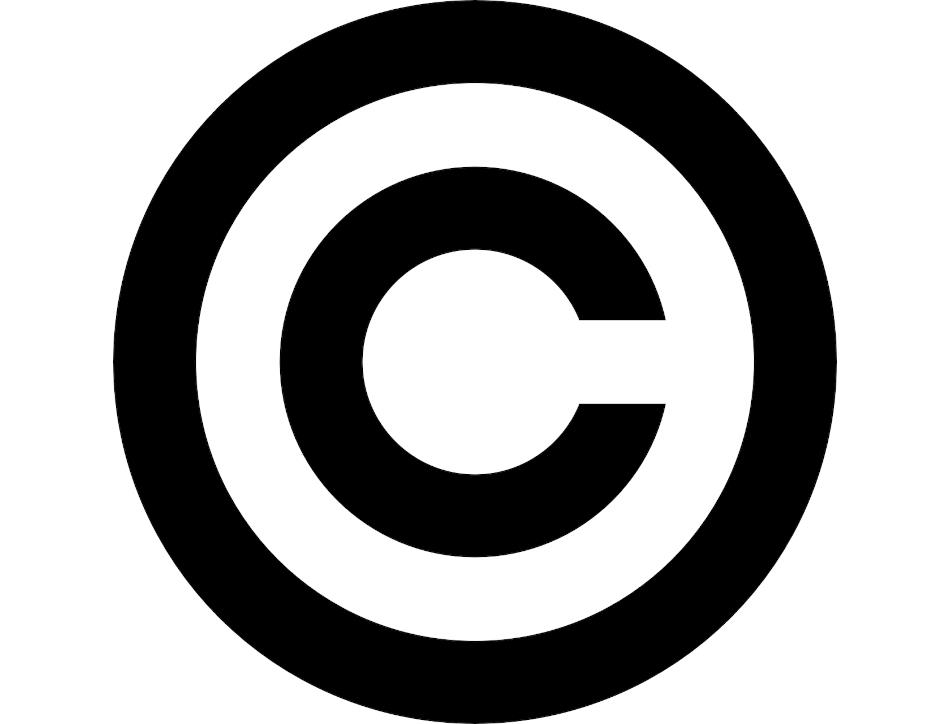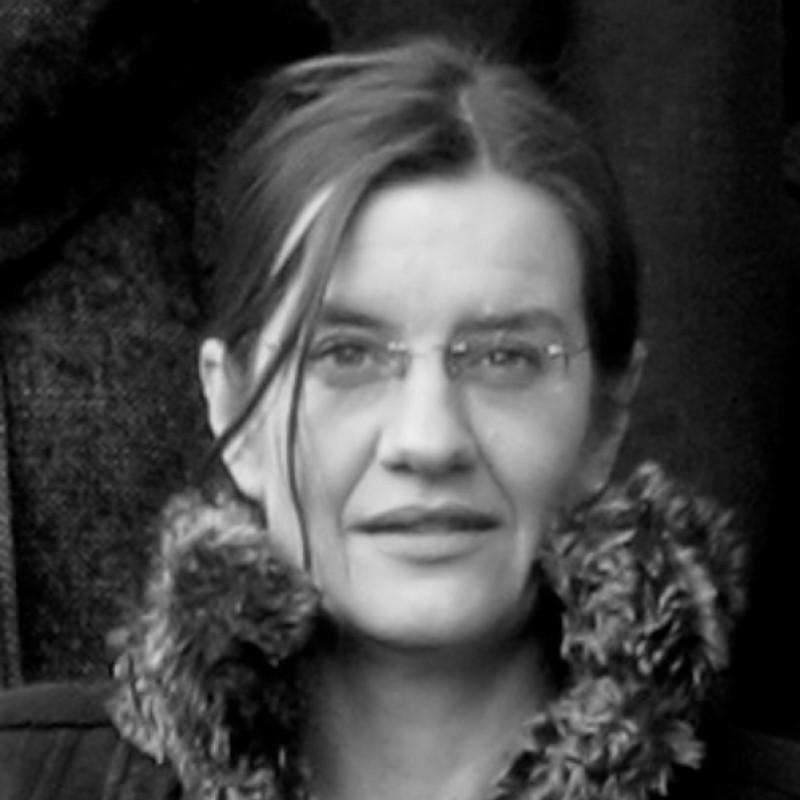Misconduct and redundant publication
Research misconduct
Research misconduct includes fabrication, falsification, or plagiarism in proposing, performing, or reviewing research, or in reporting research results. Fraudulent authorship is another form of misconduct.
Fabrication
Fabrication is making up data or results and recording or reporting them.
Falsification
Falsification is manipulating research materials, equipment, or processes, or changing or omitting data or results such that the research is not accurately represented in the research record.
Plagiarism
Plagiarism is the appropriation of another person's ideas, processes, results, or words without giving appropriate credit.
A definition of plagiarism from the Office of Research Integrity:
Plagiarism includes both the theft or misappropriation of intellectual property and the substantial unattributed textual copying of another's work. It does not include authorship or credit disputes. The theft or misappropriation of intellectual property includes the unauthorized use of ideas or unique methods obtained by a privileged communication, such as a grant or manuscript review.
Fraudulent authorship
Fraudulent authorship and misrepresentation are forms of misconduct. The following scenarios are examples:
- Ghost authorship: when someone who actively participated in the research, and who meets the authorship criteria, is not included in the author list.
- Guest authorship: when researchers (typically those who are senior) are included in the author list because of their respect or influence, in the hope that this will increase the likelihood of publication and/or impact once the paper has been published.
- Gift authorship: when an individual who did not contribute to the manuscript is listed as an author, perhaps to reward a collaborator, return a favour, or for some other personal or financial gain.
See more details on authorship criteria.
Research misconduct does not include honest error or differences of opinion.
The Royal Society is a member of CrossCheck, a multi-publisher initiative to screen published and submitted content for originality. We screen images for manipulation and the growing problem of paper-mills.
If misconduct is suspected journal editors will act in accordance with the relevant COPE guidelines. For more details see Peer review, editorial standards and processes.
Prior submission and redundant publication
The Society's journals only consider article submissions which have not been published previously. In addition, it is not acceptable for an author to submit a manuscript (or manuscripts describing essentially the same matter) to more than one journal at a time.
It is important to ensure that research work is only published once. If it is published more than once, the scientific literature can be unjustifiably weighted by the appearance that one study has been replicated. It might also mean that the study is inadvertently entered twice into a meta-analysis, for example, or cause problems in systems which use the number of publications to assess an individual’s or an institute’s research output.
The following are not considered prior publication and are permitted:
- Unrefereed manuscripts on preprint servers such as arXiv, bioRxiv and PeerJ PrePrints
- Abstracts and posters presented as part of conference proceedings
- Results presented at meetings (for example, to inform investigators or participants about findings)
- Results in databases and clinical trials registries (data without interpretation, discussion, context or conclusions in the form of tables and text to describe data/information)
- Dissertations and theses in university archives
Redundant publication, duplicate publication and text recycling is where authors reproduce verbatim content from their other publications.
Duplication of a published article or major overlap/redundancy with another published article is not acceptable. When this is identified we will follow appropriate COPE guidelines and consider publishing a notice of redundant publication.
Minor overlap or a small amount of redundancy may be unavoidable. This must always be reported transparently and be properly attributed and compliant with copyright requirements.
In research articles, some degree of text recycling in the background/introduction/methods section of an article may be reasonable. However, overlap in the results and conclusions section is unlikely to be acceptable.
In review articles, if text is recycled from an earlier publication without any further novel development of previously published opinions or ideas or when they are presented as novel without any reference to previous publications it will not be acceptable.





